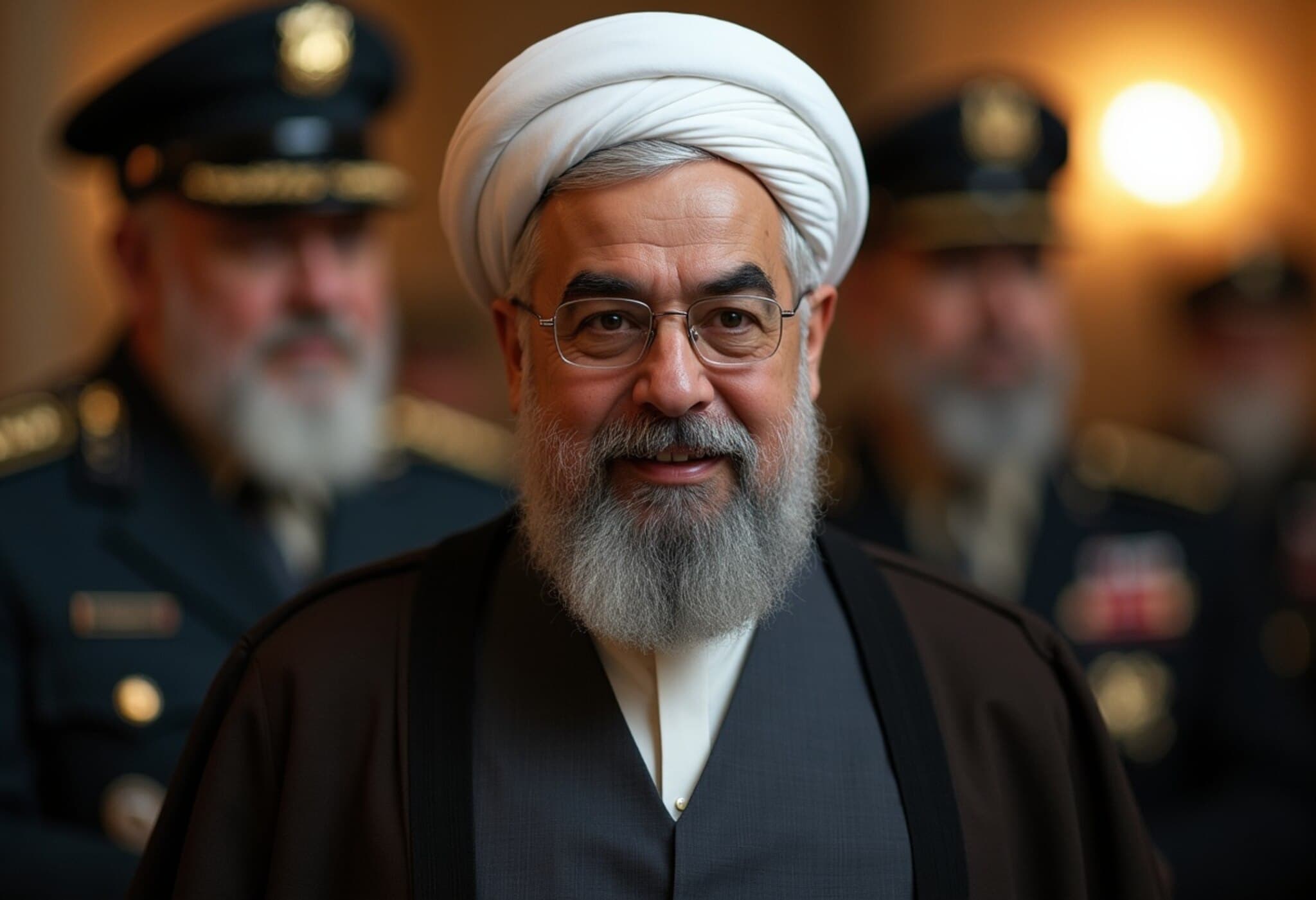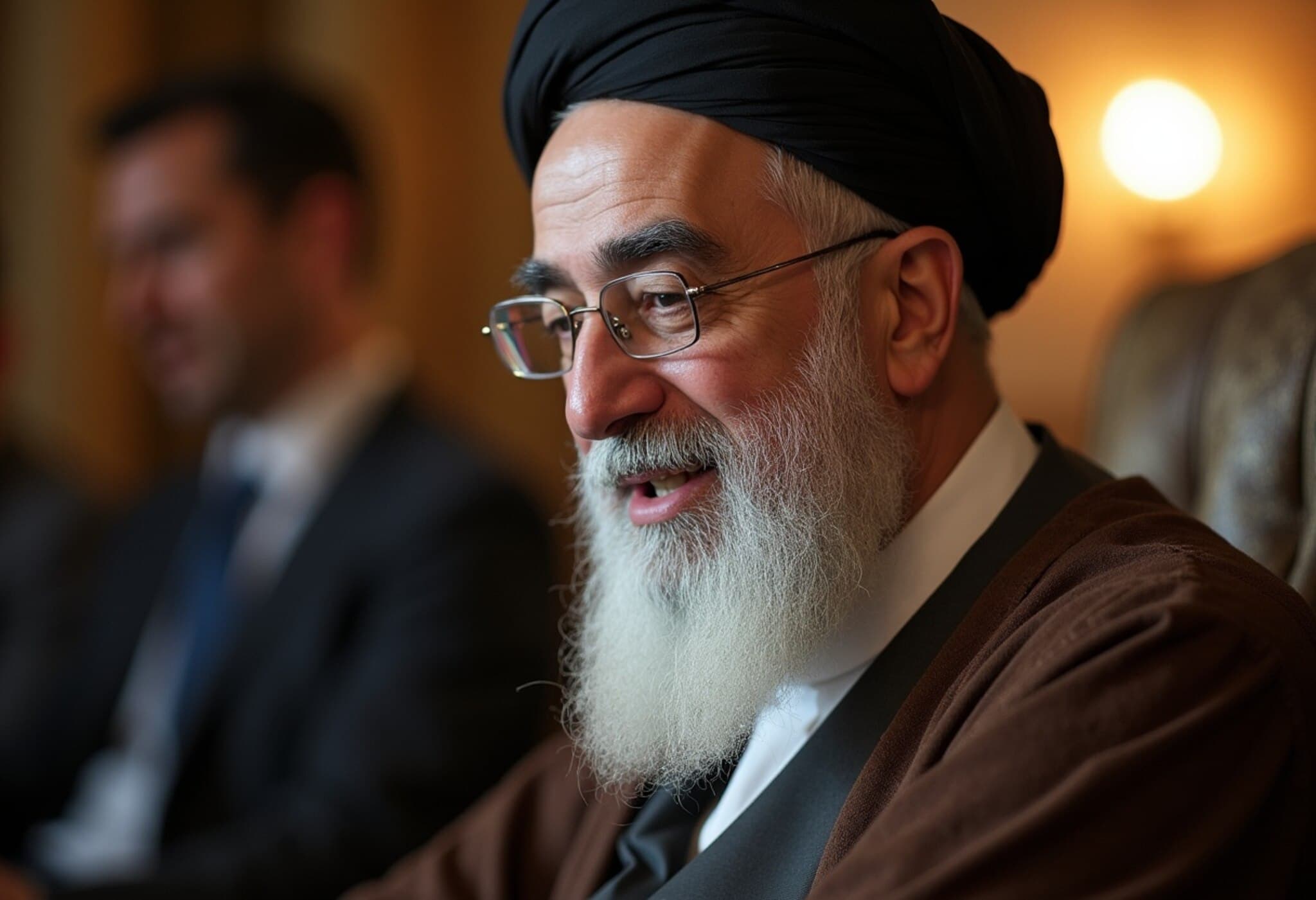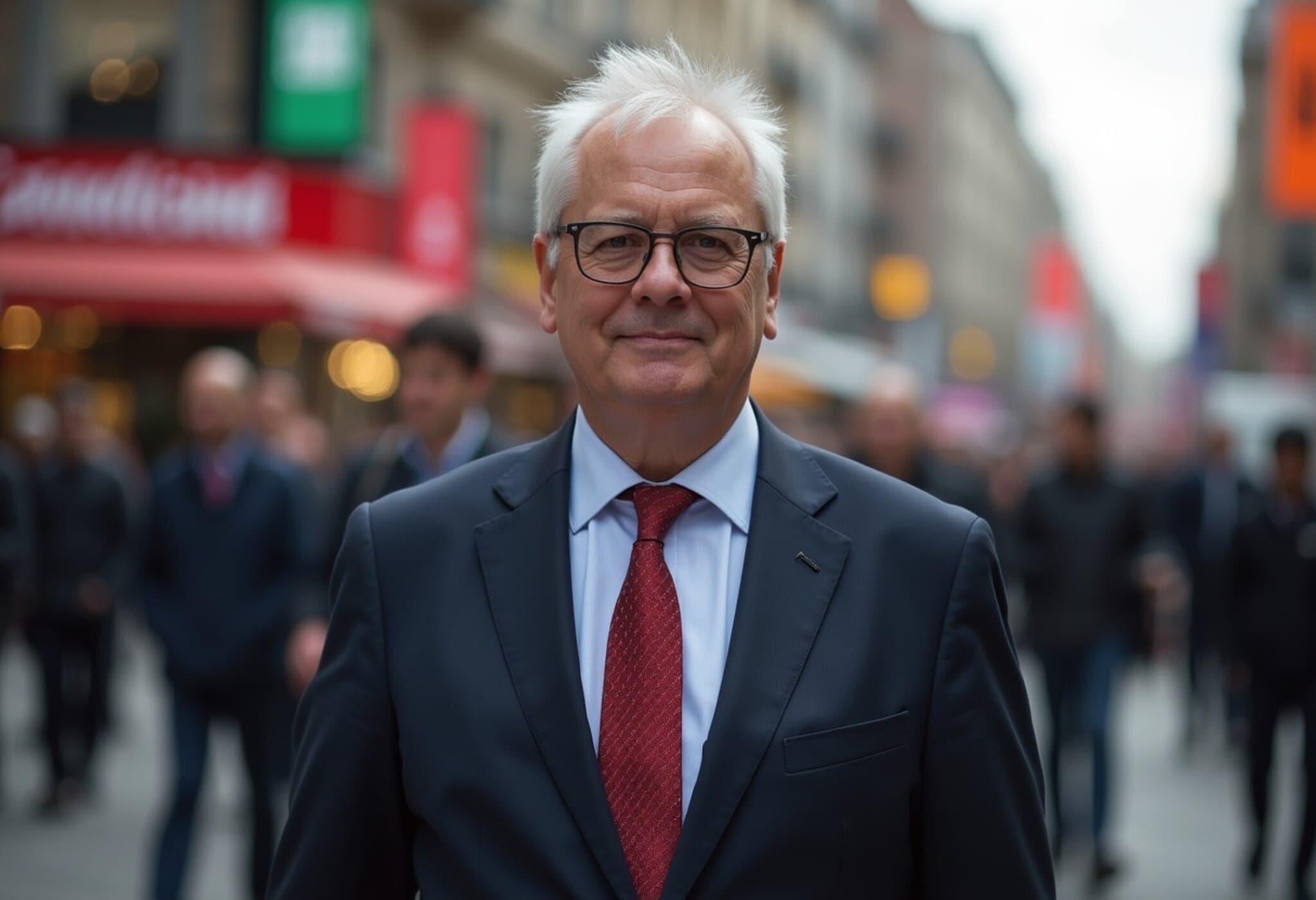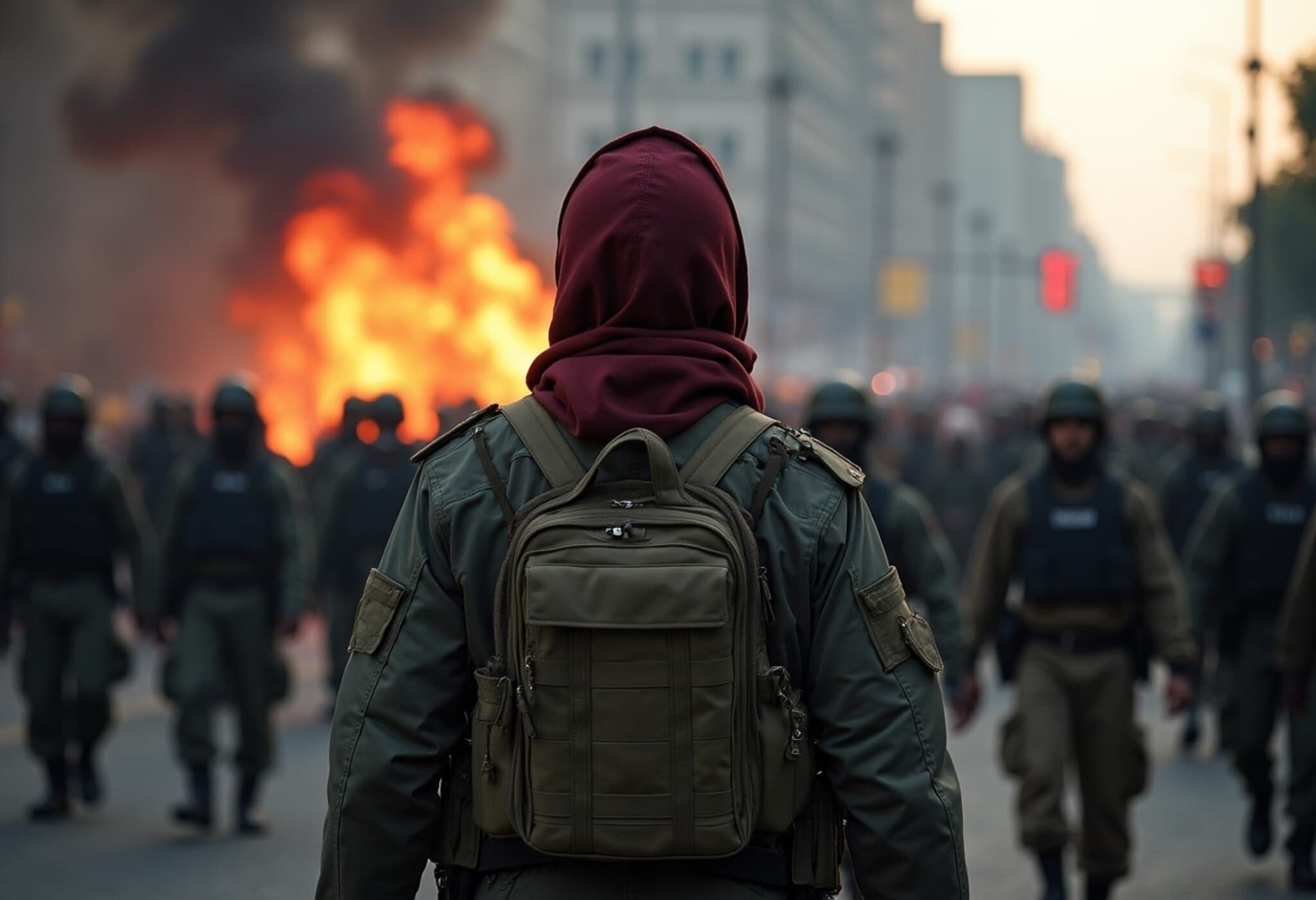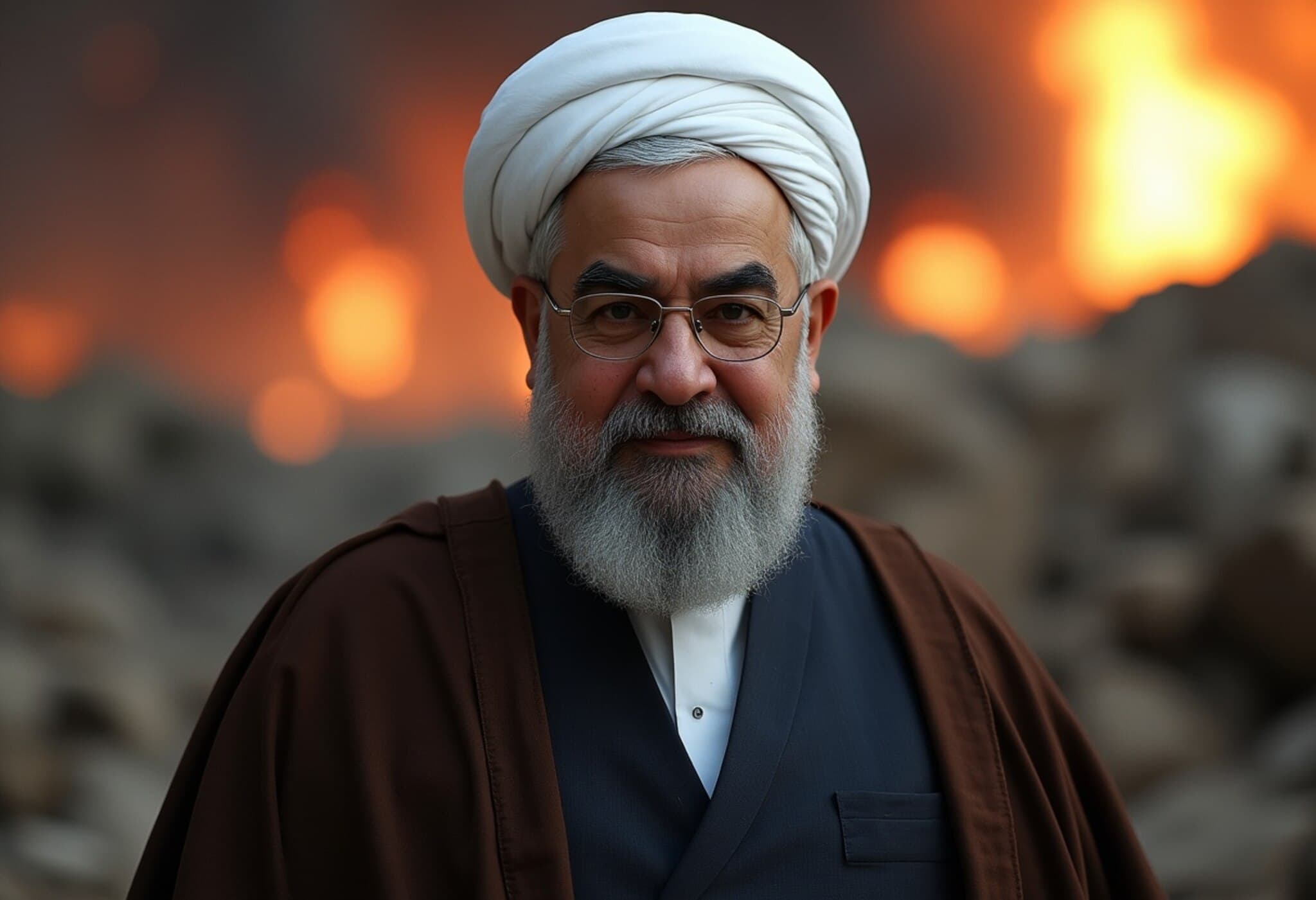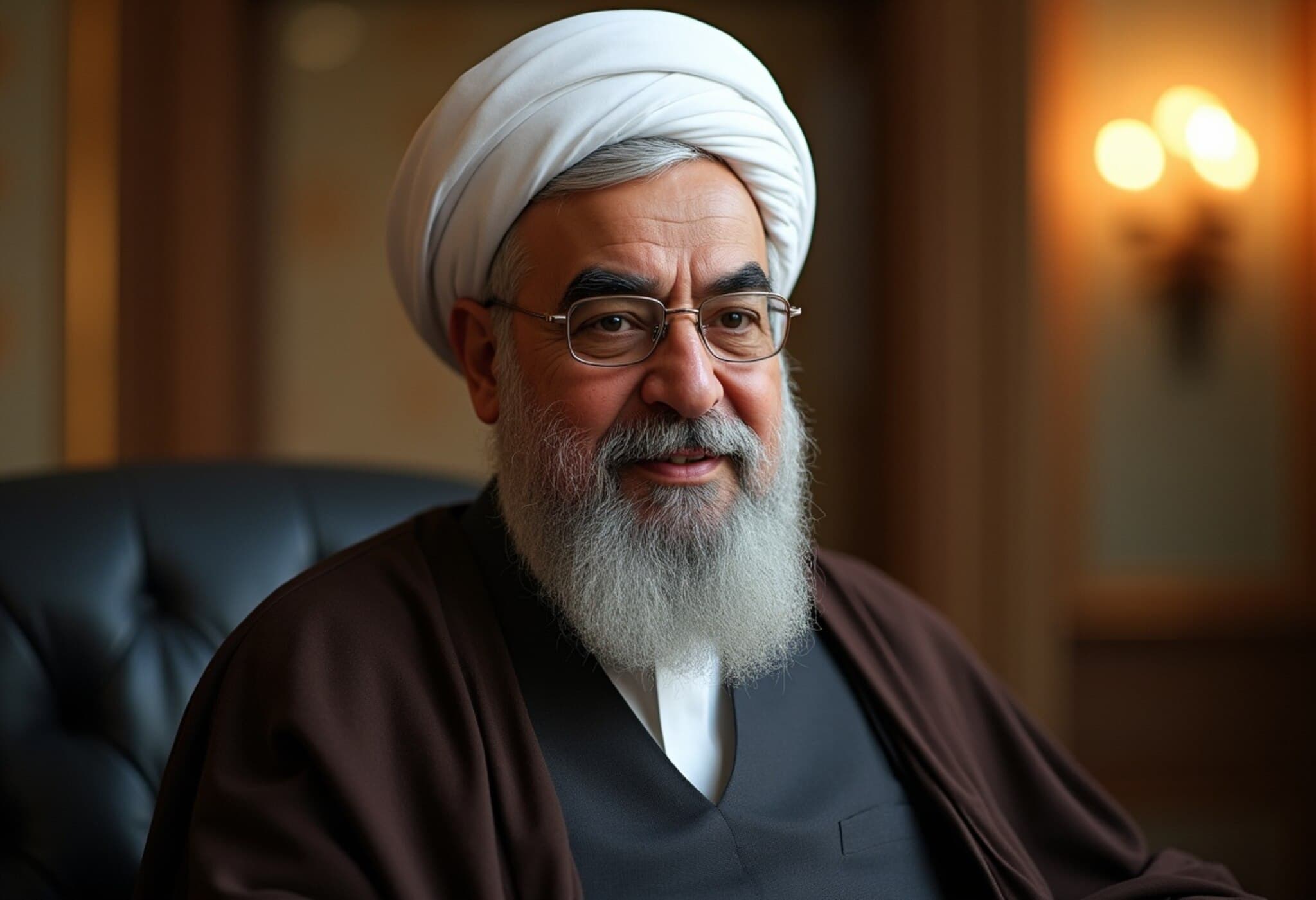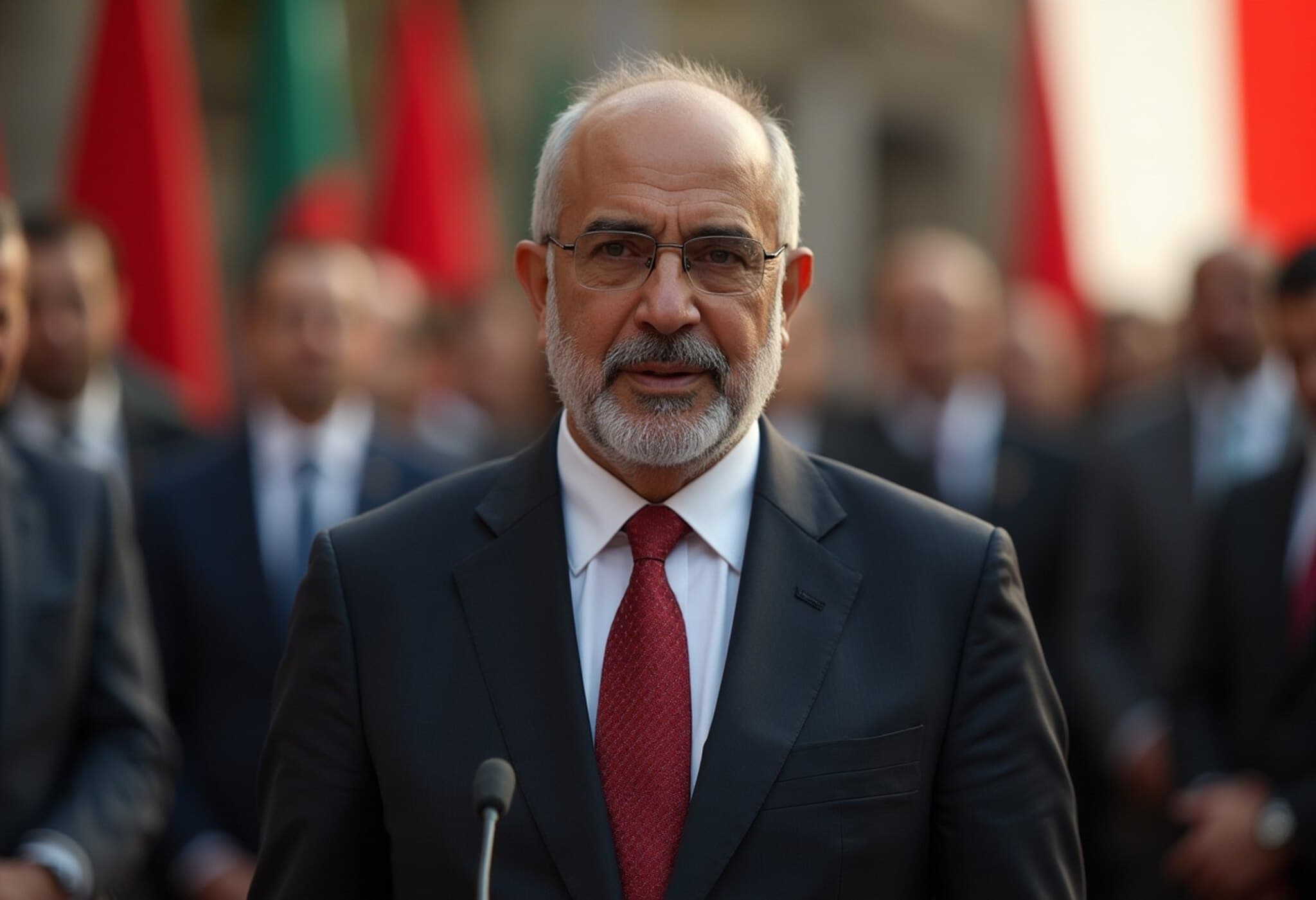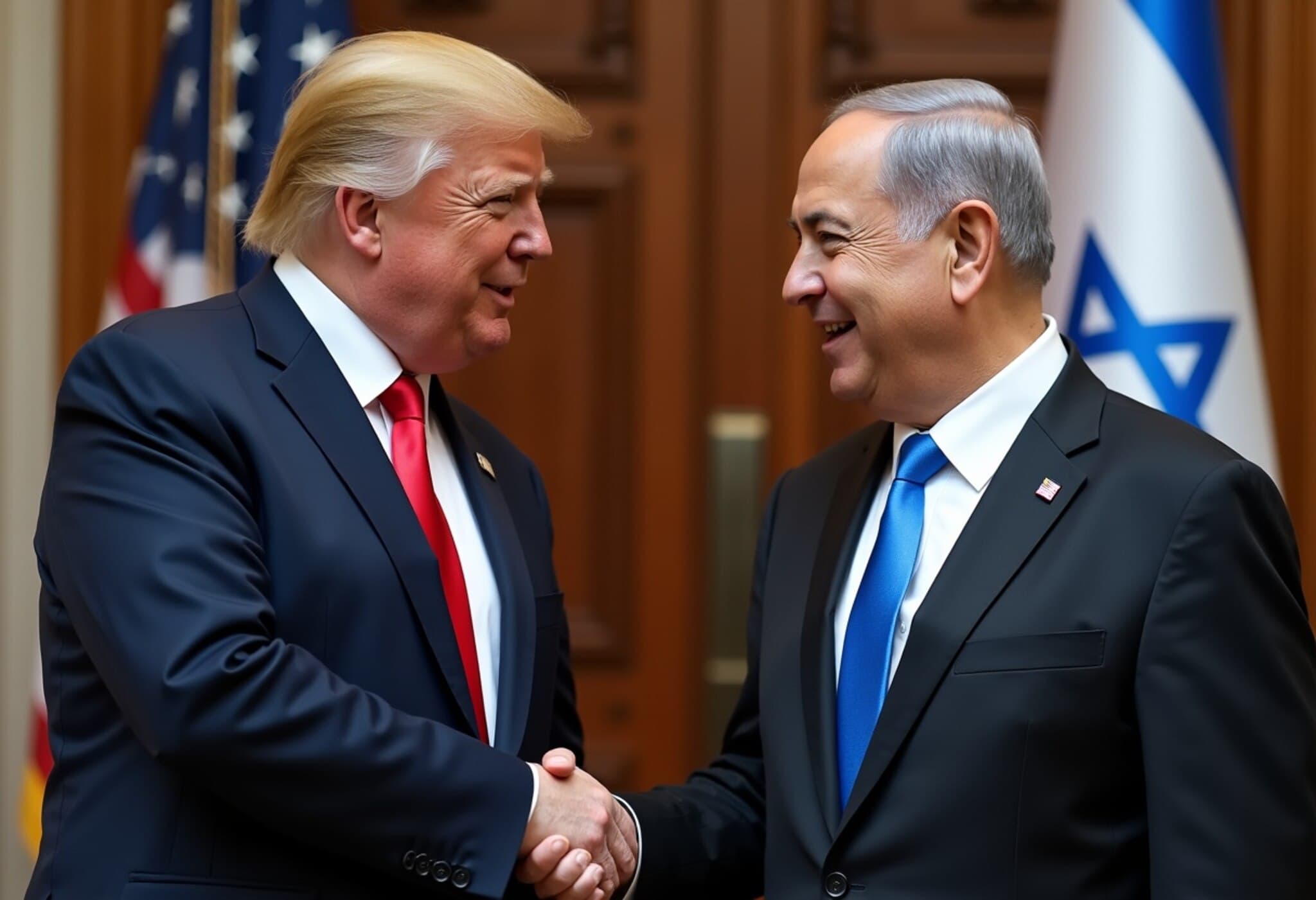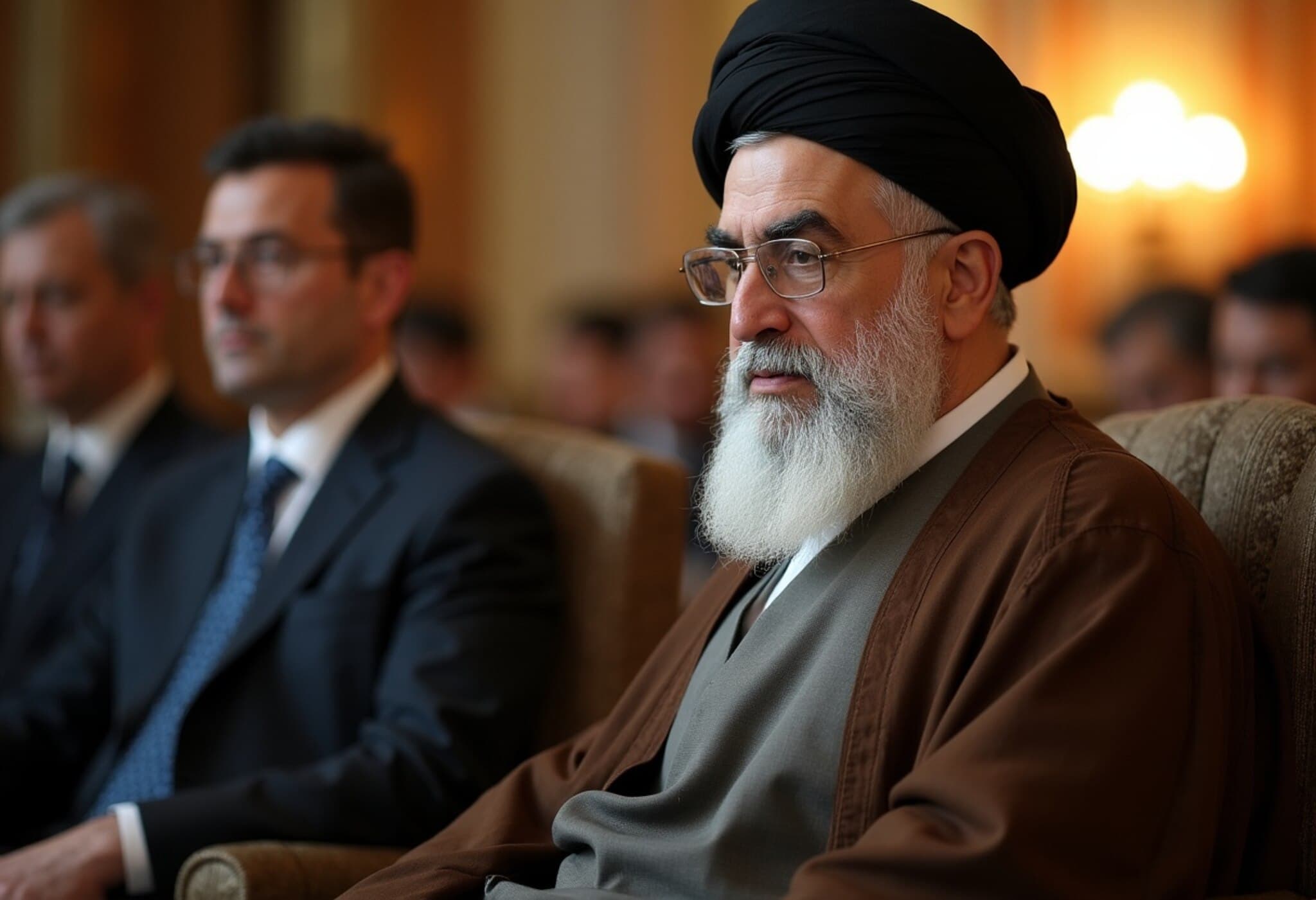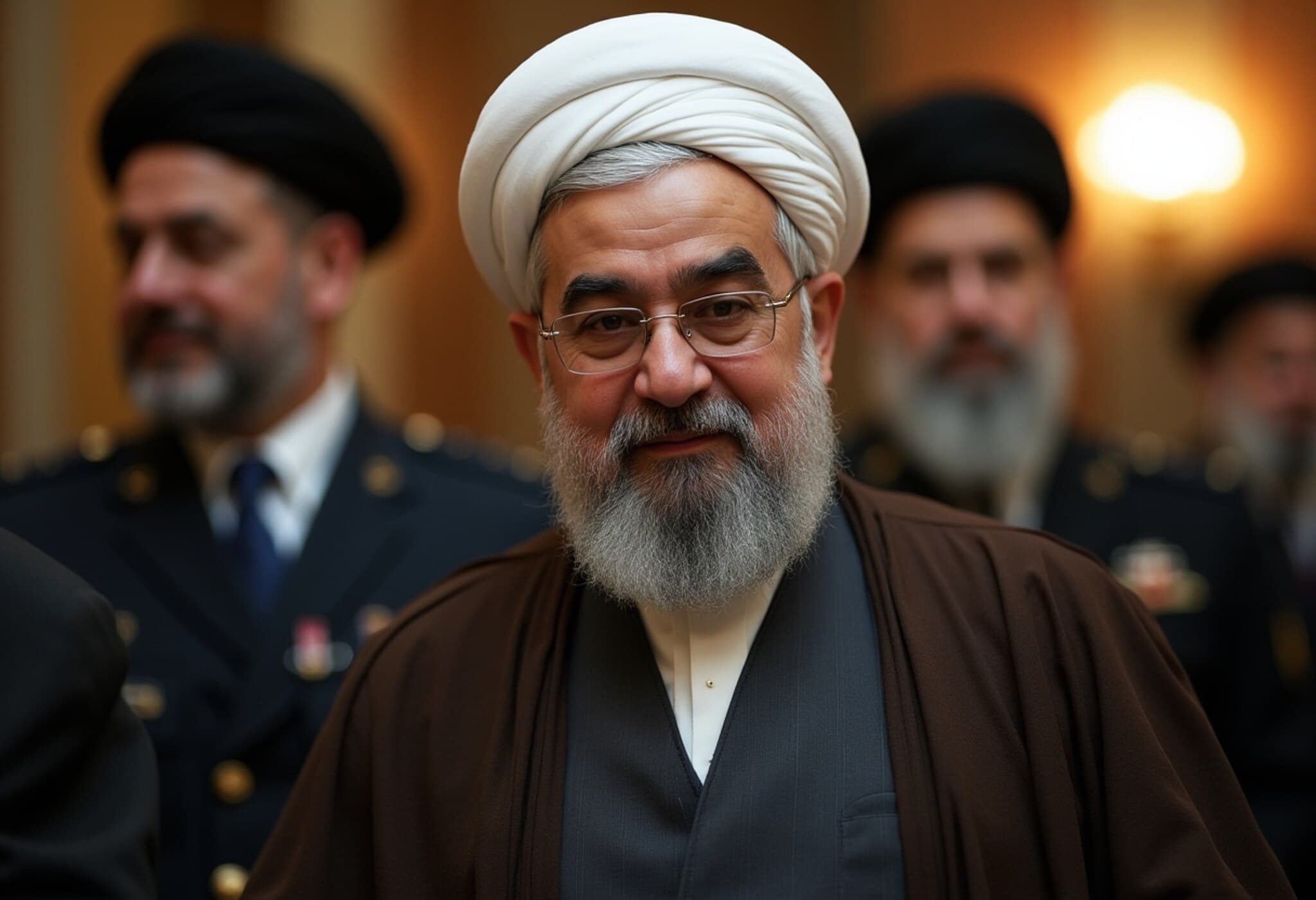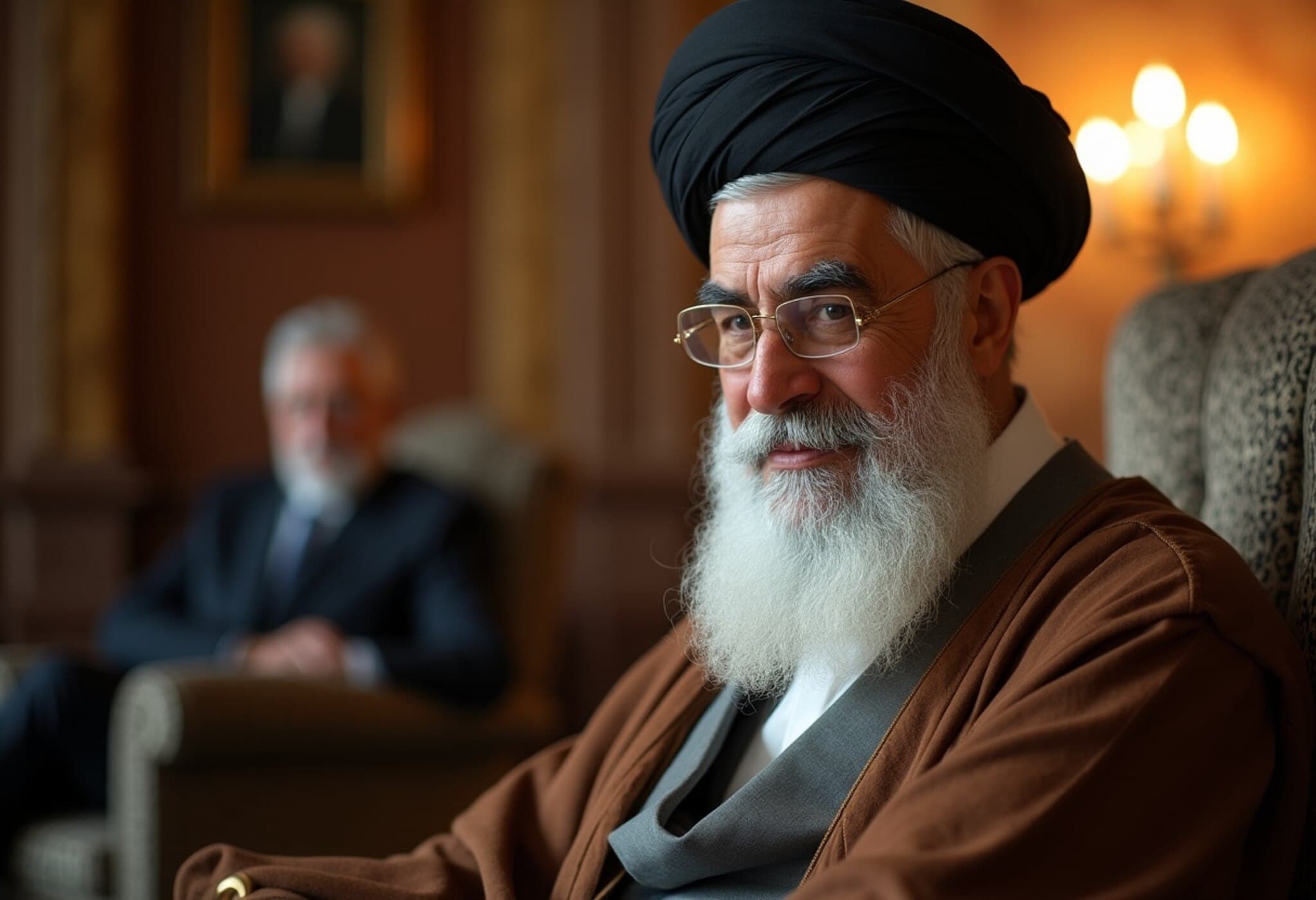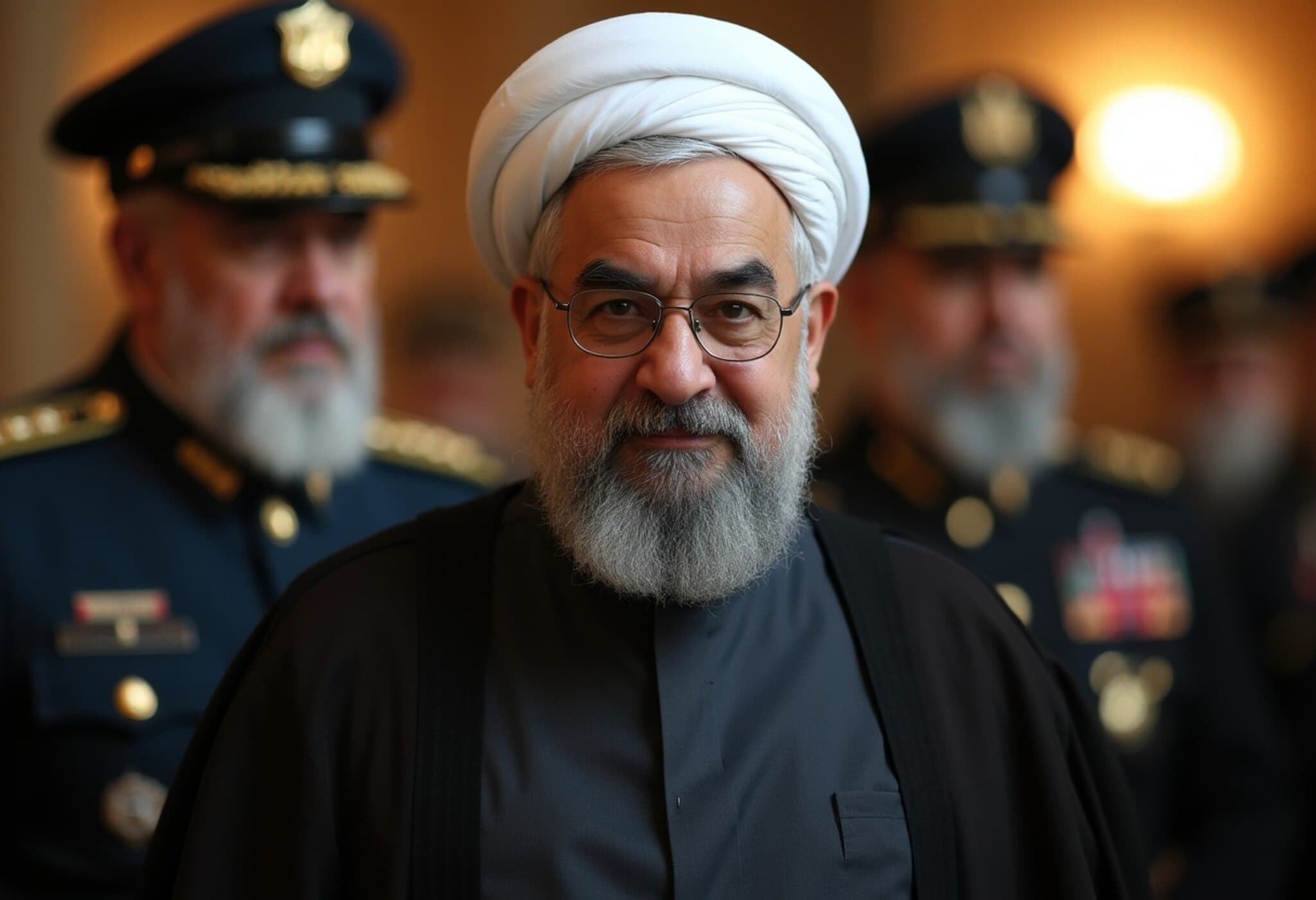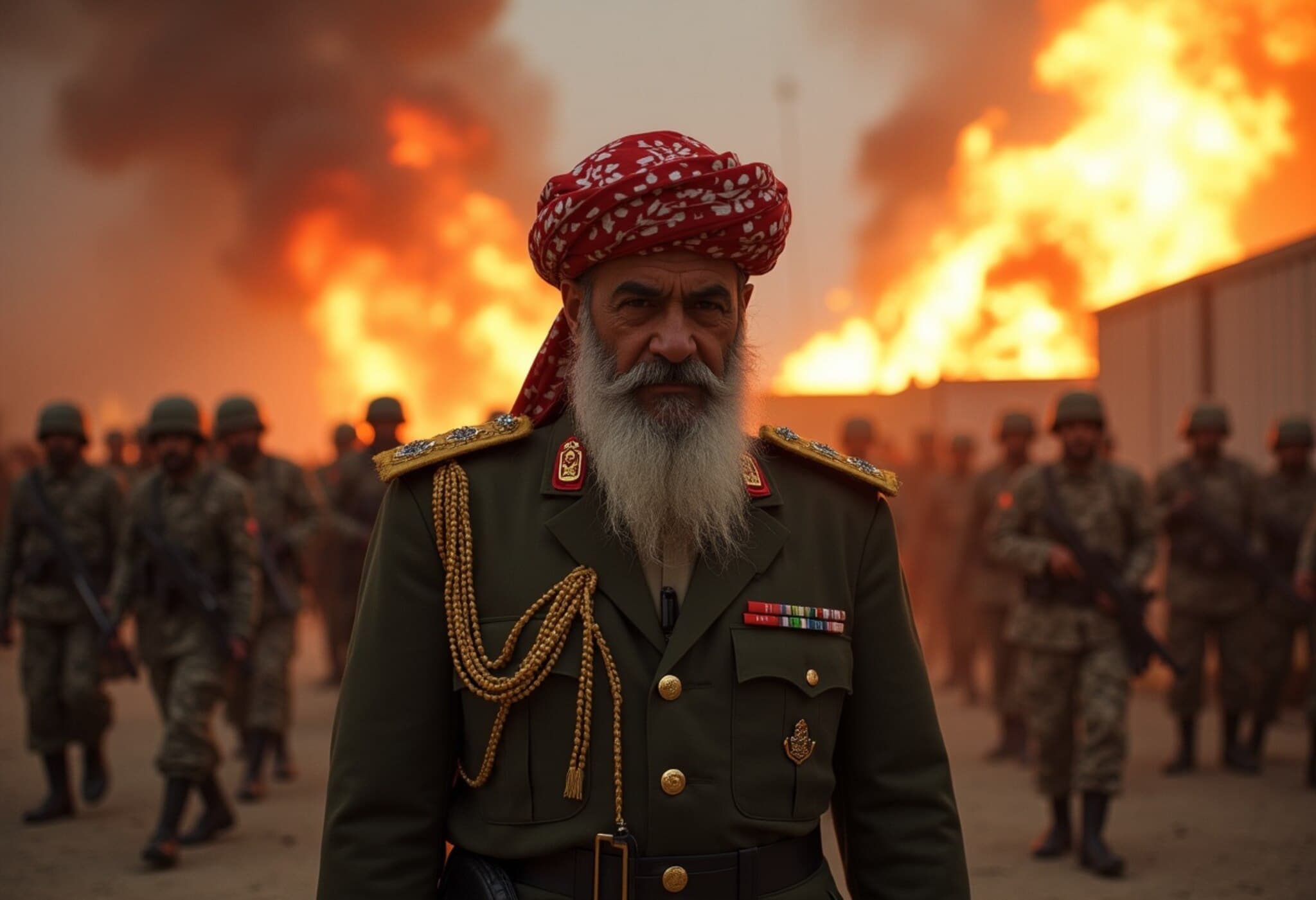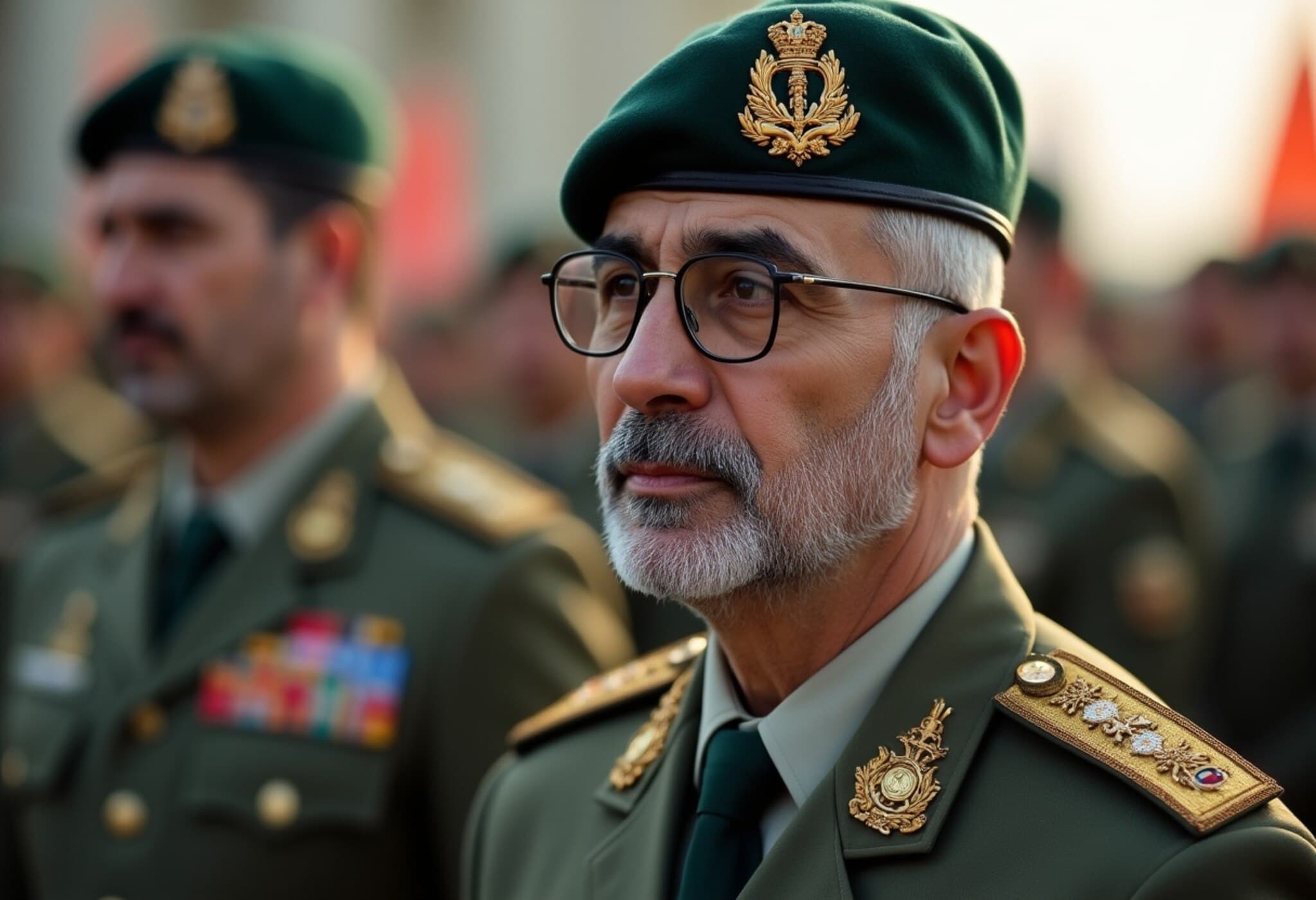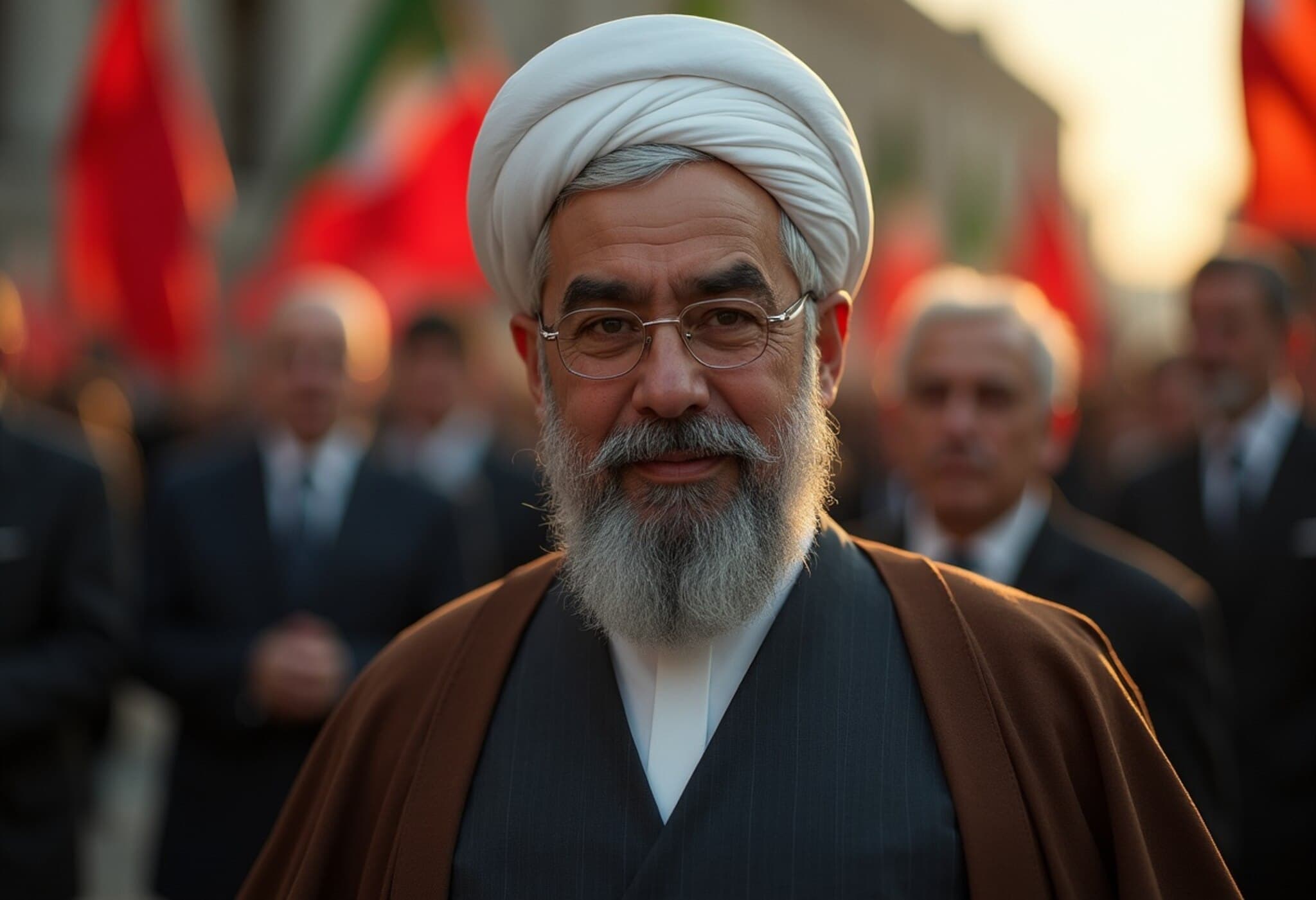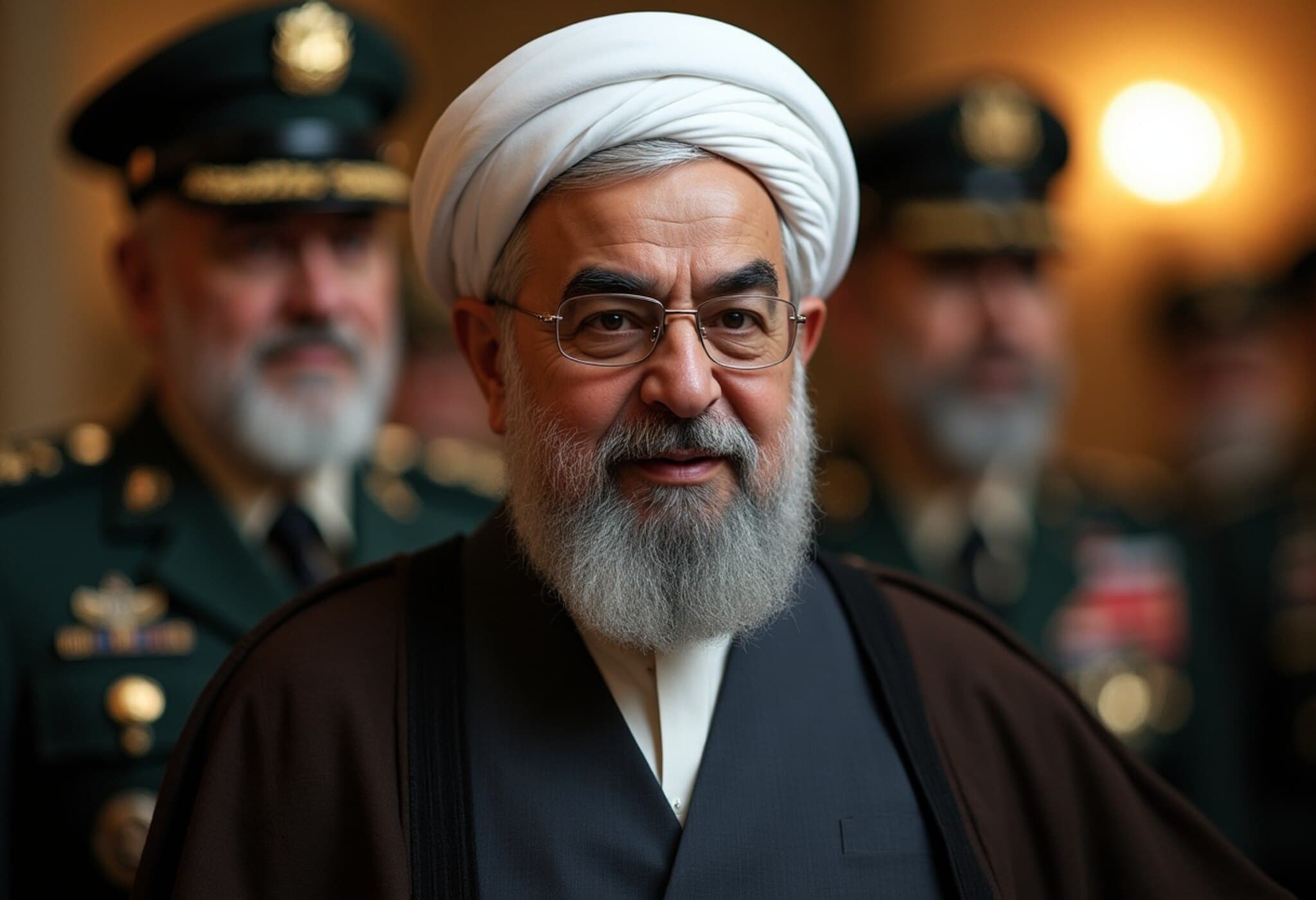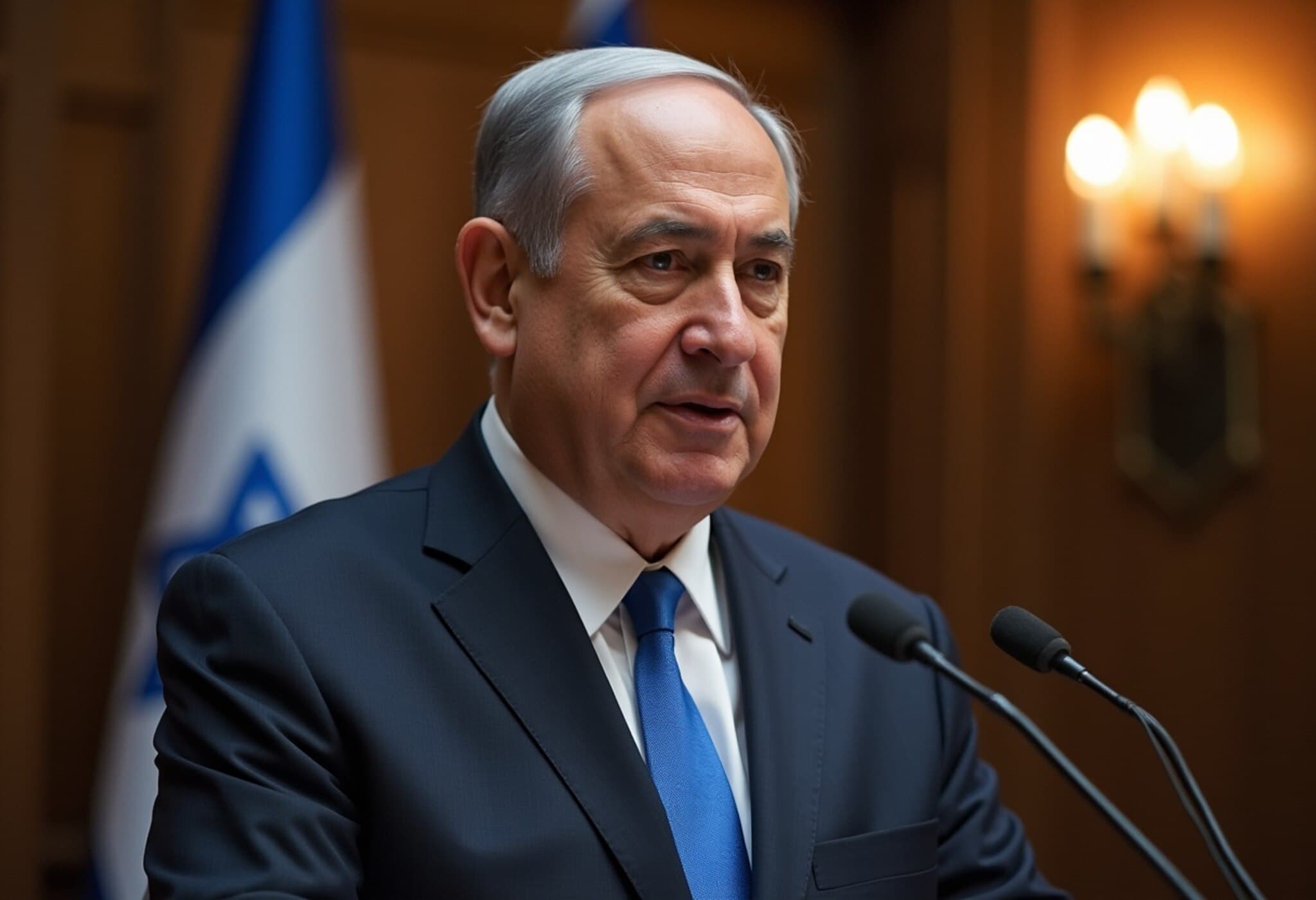Mojtaba Khamenei: A Quiet Force in Iran's Theocratic Hierarchy
Mojtaba Khamenei, the second son of Iran’s Supreme Leader Ayatollah Ali Khamenei, stands out as a significant yet low-profile figure within the country's clerical and political landscape. Despite holding no official government office, his influence runs deep, largely as a trusted confidant and gatekeeper to his father.
Hardline Cleric with Revolutionary Guard Ties
At 55 years old and bearing the clerical rank of Hojjatoleslam, Mojtaba is a hardliner shaped by his education in the conservative seminaries of Qom. Over the last two decades, he has nurtured strong connections with the Islamic Revolutionary Guard Corps (IRGC), the elite military force charged with preserving the ideals of the Islamic Republic.
These close ties have solidified his sway over Iran’s security and political mechanisms, enabling him to operate as a key power broker away from the public eye.
Behind-the-Scenes Influence and Controversy
While Iran officially rejects any form of dynastic succession, Mojtaba’s role has sparked controversy. Critics argue that his behind-the-scenes authority hints at a form of familial succession, something clearly opposed by his father. Despite this, Mojtaba has been perceived as a potential successor to the Supreme Leader, especially after the death of a prominent rival figure in 2024.
The U.S. Treasury Department sanctioned Mojtaba in 2019, accusing him of acting in an official capacity for the Supreme Leader without holding elected or formal government positions. These sanctions pointed to his collaboration with senior IRGC commanders and affiliated militias to further Iran’s regional ambitions and suppress domestic dissent.
Political Maneuvering and Public Backlash
Contesting Reformists and Shaping Leadership
Mojtaba has long been an opponent of Iran’s reformist factions, which favor greater engagement with the West and political openness. His influence is widely believed to have played a decisive role in elevating hardliner Mahmoud Ahmadinejad to the presidency in 2005, as well as supporting Ahmadinejad’s controversial 2009 re-election — an event that triggered widespread protests quelled by force.
A leaked 2007 diplomatic cable described Mojtaba as a critical link to the Supreme Leader, underscoring his strategic position within Tehran's power echelons.
Tied to Iran’s Hardline Elite
Further entwining his influence, Mojtaba is married to the daughter of Gholamali Haddadadel, a senior conservative figure and former parliament speaker. His family lineage also connects him directly to the Prophet Mohammad, signified by the black turban he wears, a symbol of religious prestige.
Public Perception and Legacy
Mojtaba’s shadowy role has made him a lightning rod during periods of unrest, including the tumultuous demonstrations triggered by the death of Mahsa Amini in 2022. Although he occasionally appears at government loyalist events, he maintains a low public profile, rarely addressing the nation directly.
His clerical rank, while respected, falls short of Ayatollah — the rank held by his father and the Islamic Republic’s founder — leading some critics to question his qualifications to lead Iran.
From War Veteran to Power Broker
Born in 1969 in Mashhad, Mojtaba grew up during his father’s anti-Shah activism and participated as a young man in the Iran-Iraq war. These experiences, combined with decades of quiet maneuvering, have sculpted him into one of the most influential figures within Iran’s hardline political establishment.

